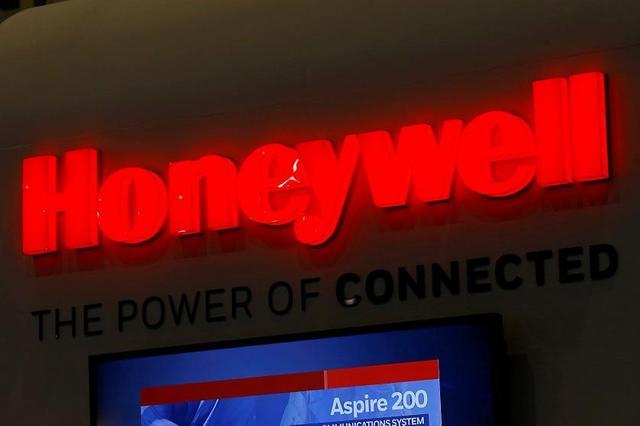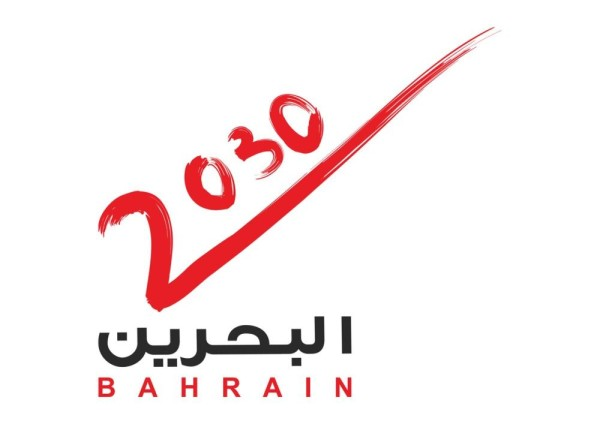Honeywell said that its new assembling facility for personal gas detectors in Dammam, Saudi Arabia will become fully operational by the end of April 2022, having recently received its required licensing and regulatory approvals.
With this facility, Honeywell has become the first international company to assemble gas detectors in the Kingdom, enabling local availability of the equipment, shorter lead times and on-the-ground customer support. The devices will provide a reliable and cost-effective way to ensure the safety, compliance and productivity of workers who are operating in hazardous environments areas in Saudi Arabia.
“We are excited to ramp up operations to full capacity at the facility as we advance the production of critical safety technology for use across multiple sectors in Saudi Arabia,” said Shabbab AlGhamdi, country leader, Saudi Arabia and Bahrain for Honeywell Safety and Productivity Solutions.
“While supporting the industrial development of the nation, we’re proud to be contributing to the IKTVA objectives. We are creating job opportunities and enhancing skills through this facility, where nearly all of the workforce is comprised of Saudi nationals.”
Multiple types of Honeywell gas detectors will be assembled at the facility, including single gas detectors (BW Solo), multi gas detectors (BW Micro clip XL and BW MAXTII) and fixed gas detectors (Optima and XNX) in the Kingdom.
Saudi Arabia and Saudi Aramco’s In-Kingdom Total Value Add (IKTVA) aim is to achieve 70% localization of production and jobs, supporting the goals of Saudi Vision 2030. The new facility will support these objectives by creating production jobs for Saudi nationals, which leads to enhanced local skills and capabilities for future developments.
As well as the new gas detector assembly facility, Honeywell recently launched two new sites in Jubail, including a state-of-the-art facility for the manufacturing and assembly of natural gas and liquid fuel solutions, opened in partnership with Gas Arabian Services, and a new production facility for its Callidus flare technology to provide ultra-low steam consumption flares that can help reduce the carbon footprint of the Jubail petrochemical complex.





